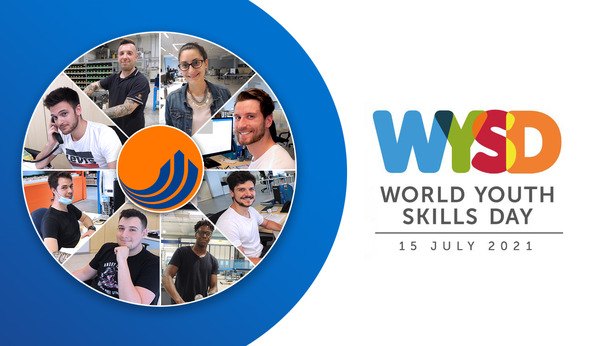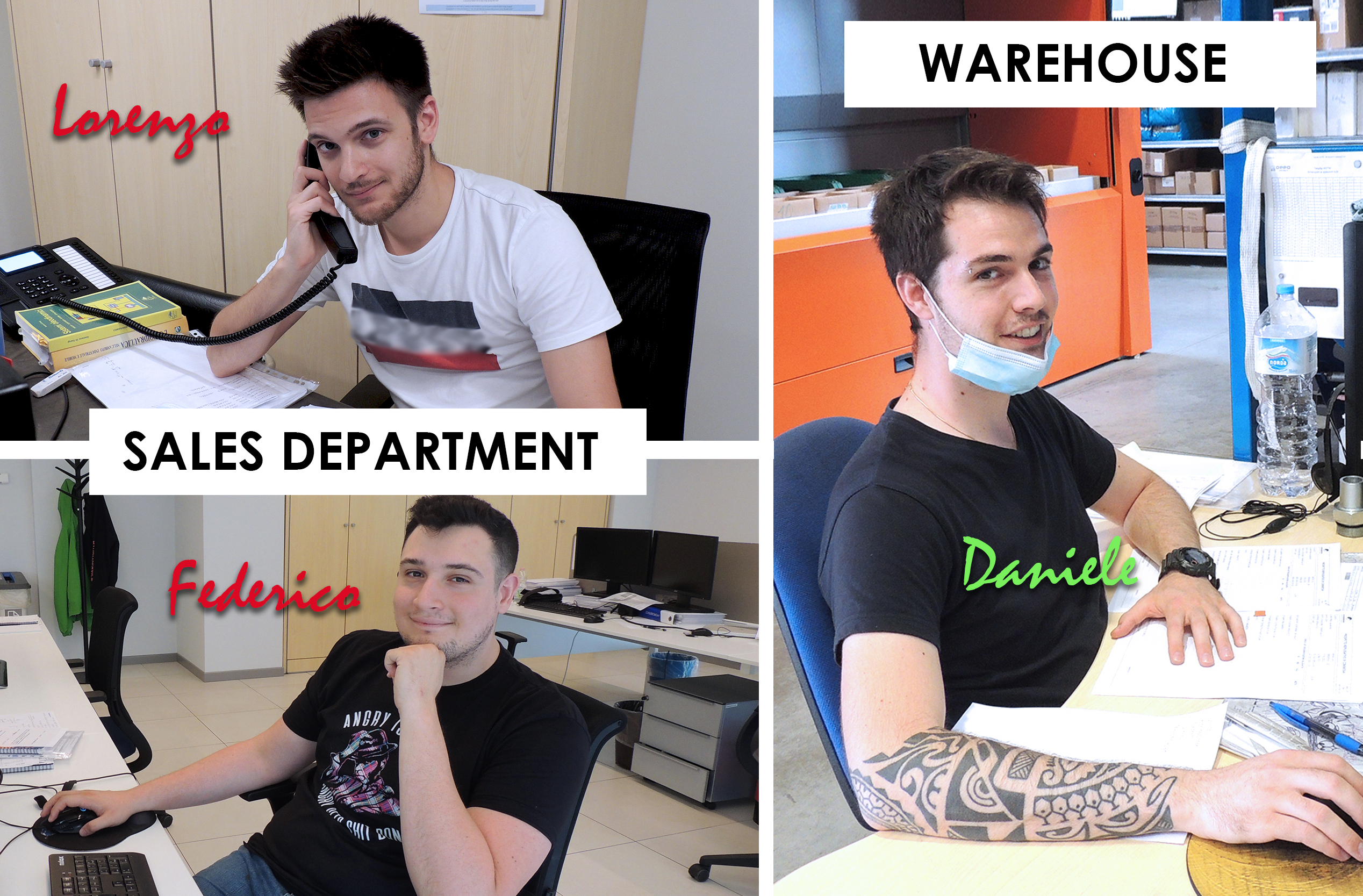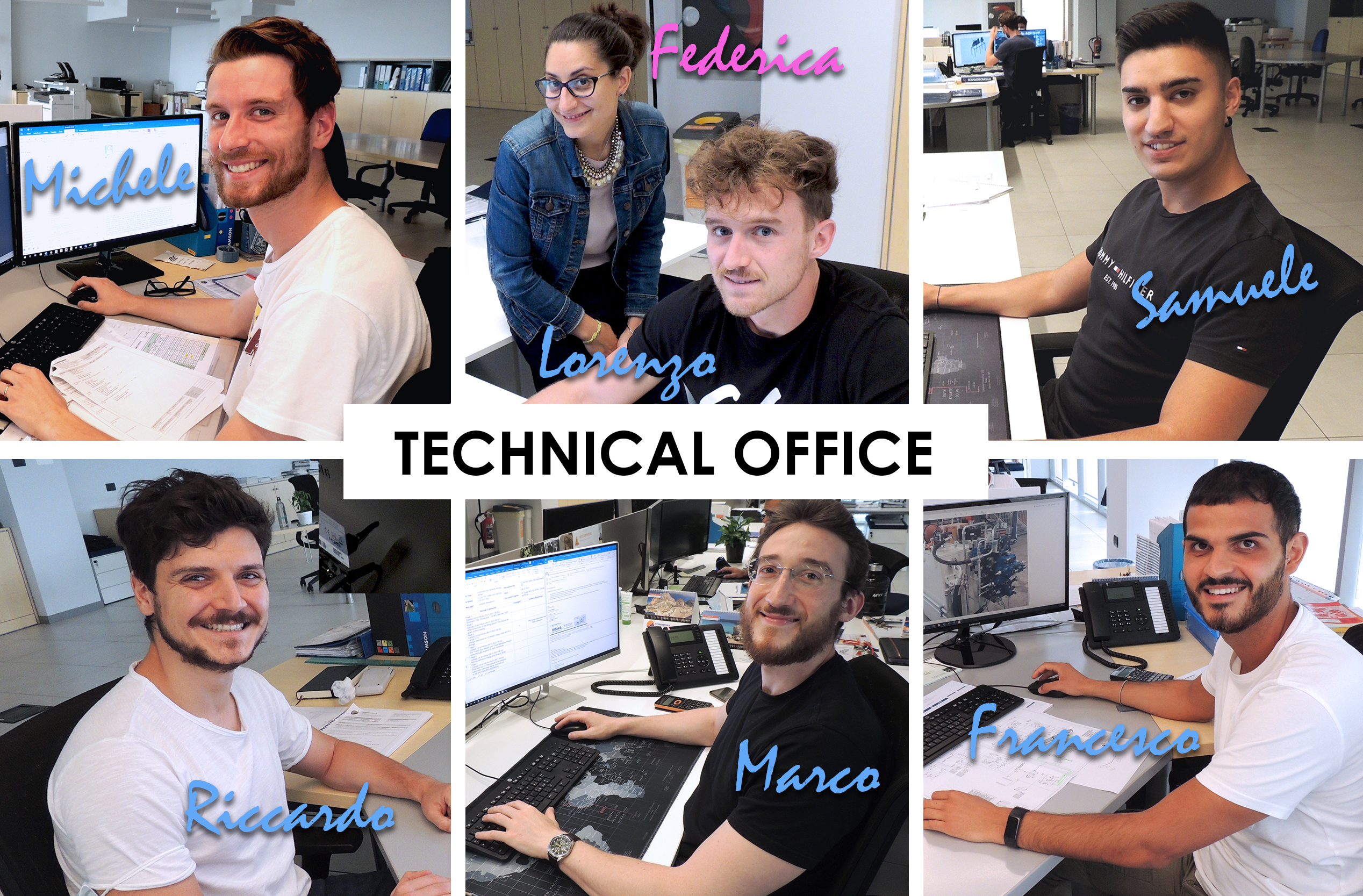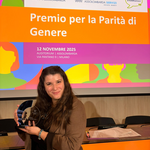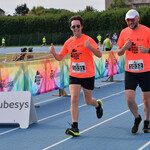15 July: World Youth Skills Day
Investing in the skills of young people to create a sustainable society
World Youth Skills Day was established by the United Nations in 2014 to enhance the potential that millions of young people can give to society and to intervene appropriately to guarantee them education, opportunities and skills.
"On this World Youth Skills Day, we renew our determination to invest more in the skills and abilities of our young people. When we do, they can better advance the broader UN mission for Peace, Sustainable Development and Human Rights for All", said former UN Secretary General Ban Ki-moon.
Rising youth unemployment is one of the most significant problems facing the economies and societies of the world today, for both developed and developing countries.
In the world, young people between the ages of 15 and 24 represent 16% of the population. They risk becoming unemployed or underpaid, or suffering inequalities in the world of work.
World Youth Skills Day aims to reflect on these problems, but above all on the importance of the active engagement of children, to create sustainable, stable and inclusive societies, avoiding conflicts, unemployment, inequality and migration.
Young people bring new ideas and new perspectives. New minds means innovation, a context that could help many companies to relaunch, especially in the face of the recent period of severe crisis due to the covid19 emergency.
Hydroservice has always shown great trust in young people, who represent an important share among its employees. In fact, among the staff in the company, the under 30s represent about 20%. An important percentage that compares up to 4 different generations in the company, which bring a wide range of skills, perspectives, experiences and mutual teachings.
Having the right mix of people belonging to different generations in the workforce leads to better results in the company. If once the age difference in the company was considered an obstacle, today it is a stimulus for the whole organization. The inclusion of differences generates opportunities and is able to enhance the wealth that arises from the encounter between different knowledge and skills.
Hydroservice has understood this, and has created points of contact through the exchange of experiences, between the different generations, stimulating a productive comparison by transforming the simple passage of information into a useful and precious transfer of knowledge.
When the different company generations recognize and respect their differences, they are also willing to learn from each other: this is the most effective way to grow the company and its people.
The "key competences"
In 2006, the European Parliament and the Council of the European Union established the so-called "key competences", that is the combination of "knowledge, skills and attitudes" considered necessary so that each individual can face the challenges of globalization and adapt, in a flexible way, to the changes taking place in society and in the economy.
The European reference framework indicated eight key competences for lifelong learning, innovated in 2018:
• functional alphabetic competence;
• multilingual competence;
• mathematical competence and basic competence in science and technology;
• digital competence;
• personal, social competence and the ability to learn to learn;
• social and civic competence in matters of citizenship;
• entrepreneurial competence;
• competence in cultural awareness and expression.
These key competences can and should be acquired in formal and informal educational settings.
Education - in its dual social and economic role - is a determining factor in ensuring that young people acquire the necessary skills to adapt flexibly and consciously to the evolution of society and the world of work, particularly today, in the face of an uncertain future and many changes underway.

